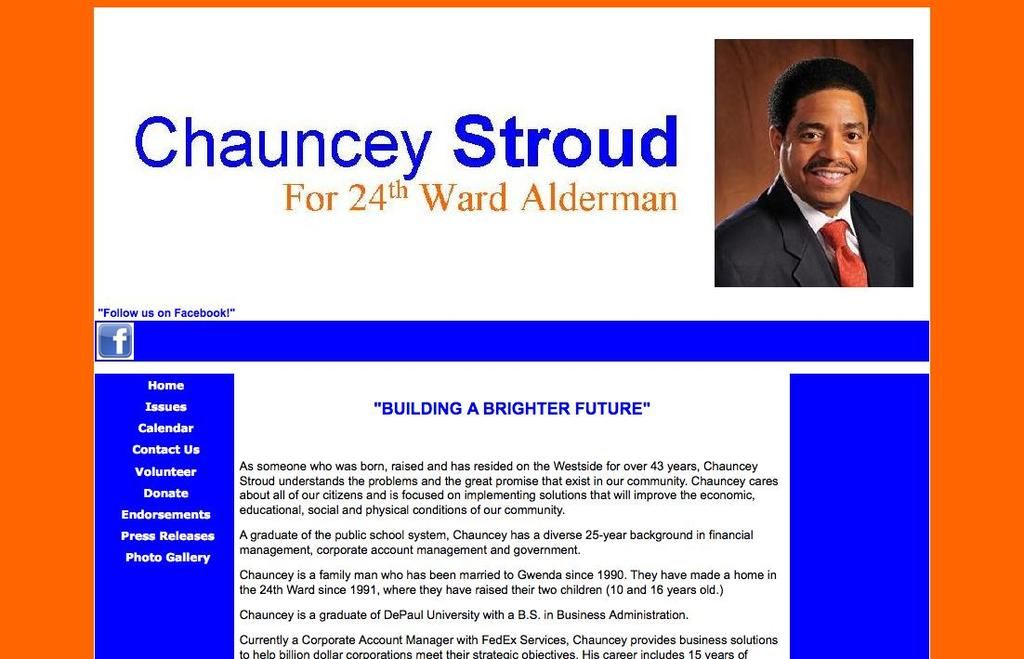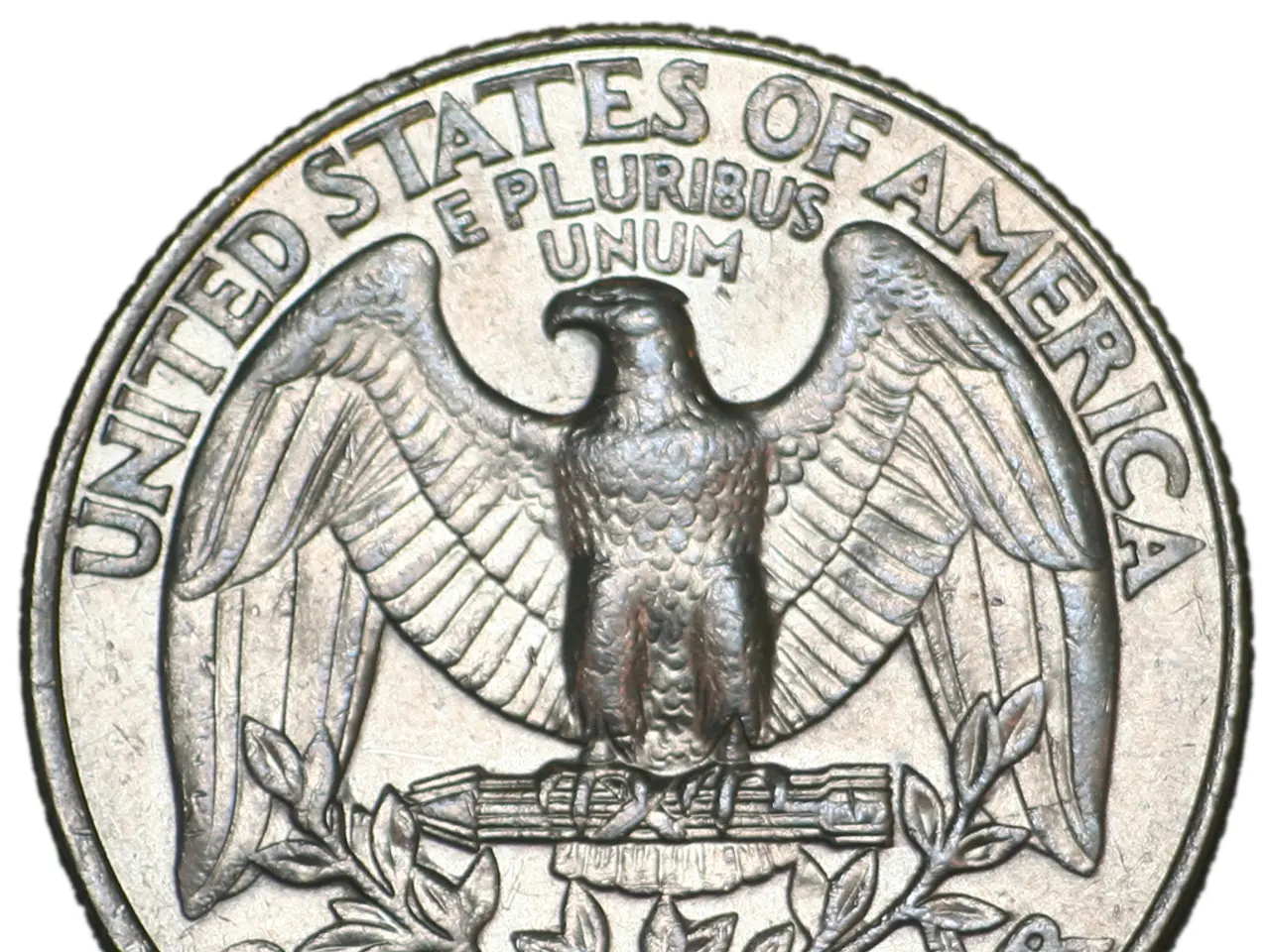Trump Roars at Powell: "Fool" Over Rate Cuts
Trump publicly describes the Federal Reserve Chairman as a "foolish idiot."
With a fiery attitude, President Donald Trump trashes Fed Chair Jerome Powell, threatening, albeit vaguely, to impose unknown measures to force interest rate reductions. At a White House event, Trump branded Powell a "fool," expressing his displeasure over the current interest rate situation.
If inflation increases, Trump clarified that Powell can either maintain or increase the interest rates. However, he added a cryptic warning, "But that's not the case, and he might have to 'force something,'" leaving the world guessing about his intentions.
Next week, the Fed will announce its interest rate decision. Typically, the Fed cuts rates by 0.25 percentage points in increments. Since December, the rates have remained stable. On the other hand, the ECB has slashed rates eight times since July 2024.
Analysts predict the Fed won't reduce rates next week, as they've been hesitant due to Trump's protectionist trade policy. Trump, an ardent supporter of low interest rates, dreams of boosting economic growth through such measures.
Trump reaffirmed he wouldn't dismiss Powell, a legally intricate move as a U.S. president lacks the authority to summarily remove the independent central bank chief.
Powell's term concludes in 2026. Trump, who has publicly lambasted and taunted Powell, has termed him a "loser" and "idiotic" for failing to chop interest rates according to Trump's wishes. Simultaneously, Powell cautioned about the adverse effects of Trump's tariffs.
Trump first appointed Powell as Fed Chair. Later, he faulted him for raising interest rates. Eventually, President Joe Biden nominated Powell for a second term, which ends in 2026. Trump has made it clear that he won't renominate Powell, who is 72 years old.
Powell's Term Ends in 2026
Trump's attacks on Powell have potential implications:
- Erosion of Central Bank Independence: Trump's threats have the potential to undermine the Federal Reserve's autonomy, which is vital for maintaining economic stability and credibility. The Fed should make decisions based on economic data, not political pressures.
- Market Volatility: The uncertainty generated by Trump's statements could lead to market volatility, with investors becoming apprehensive about political interference in monetary policy, causing fluctuations in stock markets and currency values.
- Inflationary Pressures: If Trump manages to compel rate cuts, it could lead to inflationary pressures, especially in a non-recession economy. Lower interest rates can spawn borrowing and spending, potentially overheating the economy.
- Political Fallout: Any attempt to force the Fed's hand could trigger political backlash, being perceived as an overreach of executive power, potentially harming Trump's political standing and relationships with lawmakers.
References: ntv.de, jki/dpa
- Fed
- Jerome Powell
- Donald Trump
- Interest rate decisions
- The ongoing verbal spat between Donald Trump and Jerome Powell, the Fed Chair, raises concerns about the erosion of central bank independence, threatening the economic stability and credibility that the Federal Reserve strives to maintain.
- The unpredictable statements from President Trump about interest rate decisions could fuel market volatility, causing investors to worry about political interference in monetary policy, leading to fluctuations in stock markets and currency values.
- If Trump succeeds in forcing interest rate cuts, it could result in inflationary pressures, especially in a non-recession economy, as lower interest rates can stimulate borrowing, spending, and economic growth, potentially leading to overheating.




